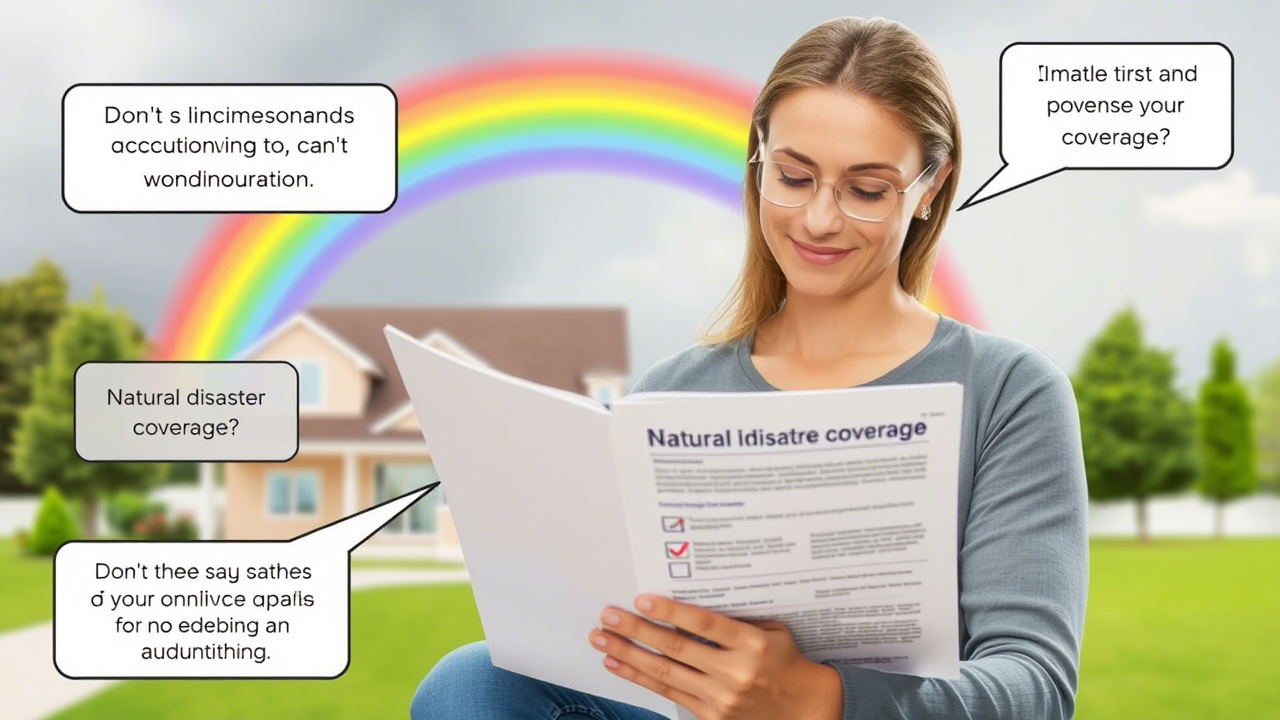Does Homeowners Insurance Cover Natural Disasters?
Natural disasters can strike without warning, leaving homeowners with significant damage and financial strain. If you’re wondering whether your homeowners insurance policy covers these events, the answer isn’t always straightforward. Coverage depends on the type of disaster, your policy details, and where you live. Let’s explore what’s typically covered, what’s often excluded, and how you can ensure you’re adequately protected.

What Homeowners Insurance Usually Covers
Standard homeowners insurance policies generally cover certain natural disasters, including:
- Windstorms & Hail – Damage from high winds or hail is typically included, though some policies in high-risk areas may have separate deductibles.
- Lightning Strikes – If lightning damages your home or starts a fire, your policy will likely cover repairs.
- Wildfires – Most standard policies include wildfire damage, but if you live in a fire-prone area, you may need additional coverage.
Common Exclusions in Standard Policies
Unfortunately, many natural disasters are excluded from basic homeowners insurance. These often include:
- Floods – Flood damage is almost never covered under standard policies. You’ll need separate flood insurance, typically through the National Flood Insurance Program (NFIP) or a private insurer.
- Earthquakes – Standard policies exclude earthquakes, but you can usually add an endorsement or purchase a separate policy for coverage.
- Landslides & Sinkholes – These are generally excluded, though some insurers offer limited coverage in certain regions.
How to Protect Your Home
If you live in an area prone to natural disasters, consider these steps to ensure you’re covered:
- Review Your Policy – Check what’s included and excluded in your current homeowners insurance.
- Purchase Additional Coverage – If you’re at risk for floods, earthquakes, or hurricanes, look into supplemental policies.
- Understand Deductibles – Some policies have separate (and higher) deductibles for disasters like hurricanes.
- Mitigate Risks – Taking preventive measures, such as reinforcing your roof or installing flood barriers, may lower premiums.
Final Thoughts
While homeowners insurance provides essential protection, it doesn’t cover every natural disaster. Understanding your policy’s limitations and securing additional coverage where necessary can help you avoid unexpected financial burdens. If you’re unsure about your coverage, speaking with your insurance agent can provide clarity and peace of mind.
Stay prepared, and protect your home with the right coverage.

